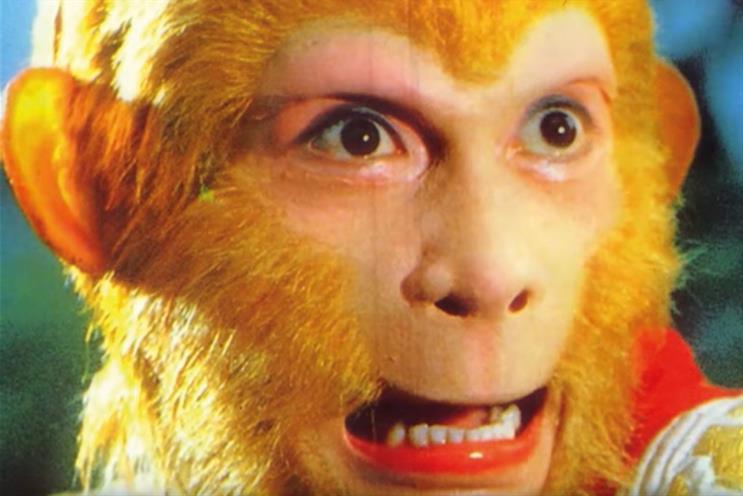
It was March 2016. Civilization, the agency I co-founded in 2012, was riding high on our biggest hit thus far, Pepsi’s "Monkey King family". We had just moved to new premises with the intention of reaching a staff of about 100 in the upcoming months on the back of new account wins. I was also the doting father of an eight-month-old baby boy.
But little did I know I was about to enter a period of melancholia, punctuated by bouts of depression that would last more than two years. How did this happen?
I believe the extremes of anxiety and ennui that plague a lot of us are symptoms of modern urban living, particularly its preponderance of solitude and self-dependence. For an entrepreneur living alone in Shanghai, solitude and self-dependence come in spades. I had been mired in the nerve-racking, backbreaking work of trying to build an agency and by the time it was able to take on a life of its own, I was in danger of losing connection with the place it was thriving in, the people I was building it with and the purpose it was serving.
But in the same way the work threw me into the abyss, the work found a way of leading me back into the light. Here’s the story of that journey.
If there were sunshine before the storm, it would be represented by our "Thank you brother" campaign for Sedrin Beer in 2015. This was the first film I directed at Civilization, wanting to prove I could direct, and in all four protagonists I saw the friends I wished I had and the friend that I hoped I could be. In portraying the lonely struggles of those who moved to the big city to pursue their dreams, I borrowed heavily from my life and the lives of those who chose to tell me their stories of trying to "make it" in Shanghai or Beijing or Guangzhou.
Then came "Monkey King family" for Pepsi in 2016. I saw my personal struggle in our protagonist’s struggle, and we were reflections of every other individual’s struggle throughout history. This racked up almost 250 million views during the Chinese New Year period. Everybody, including me, believed we had turned a big corner when this became such a success. There was hope – but some part of me feared we would be pigeonholed by it.
For the next project, almost immediately after "Monkey King family", I needed to get as far away from urban Shanghai as possible. Shooting in the Somerset countryside, in Britain, really gave me time for reflection on where my life and work were headed. In writing the script, directing the film, composing and writing most of the music and lyrics, I was able to think: "Yup, I’m going to be a director." Chinese movie star Amber Guo, who appeared in the ad and took the role as seriously as she would a feature film, was born on the same day as me. I borrowed her story to tell mine.
In almost every mainstream movie, there is an "all is lost" moment just before breaking into the third act. The 2017/2018 film for Lay’s, "In pursuit", probably represents mine. I came back from a long break in Spain and Portugal to a Shanghai I wasn’t sure I belonged to, to a large staff, half of whose names I didn’t know, and I was still shooting commercials instead of working on my feature film.
I had lost connection with place, people and purpose. After completing this film, I realised they were not the problem, I was. I was lost, in terms of place, purpose and people.
We always overestimate what we can do in one year, and underestimate what we can do in three. I preach that, but sometimes I neglect the sermon. The two 2018 films we made for Master Kong Jasmine Tea, "On the road with you" and "A song for the leaving", brought me home. They made me think again about place, people, purpose. I realised that wherever I am, that’s where I’m supposed to be. If you connect with me, I’ll connect with you. If you don’t care to, there’s nothing I can do about that.
And my purpose? I am here to tell stories that will hopefully make the world a better place to live in.
That’s about it. I’m wrapping up this essay alone at 2.19am on a Tuesday. Unless I’m on the sofa passed out from too much whisky or wine, most nights in Shanghai are spent alone in bed with the tomes of novelists, poets, academics and screenwriters to lull me to sleep. A postcard of Edward Hopper’s Nighthawks, one of my favourite paintings, serves as a bookmark. Sometimes I wonder if it is also a mirror. But I don’t feel alone at all. Maybe it’s because you’re reading this.
Andrew Lok is founder of Civilization, Shanghai



.jpg)
.jpeg)
